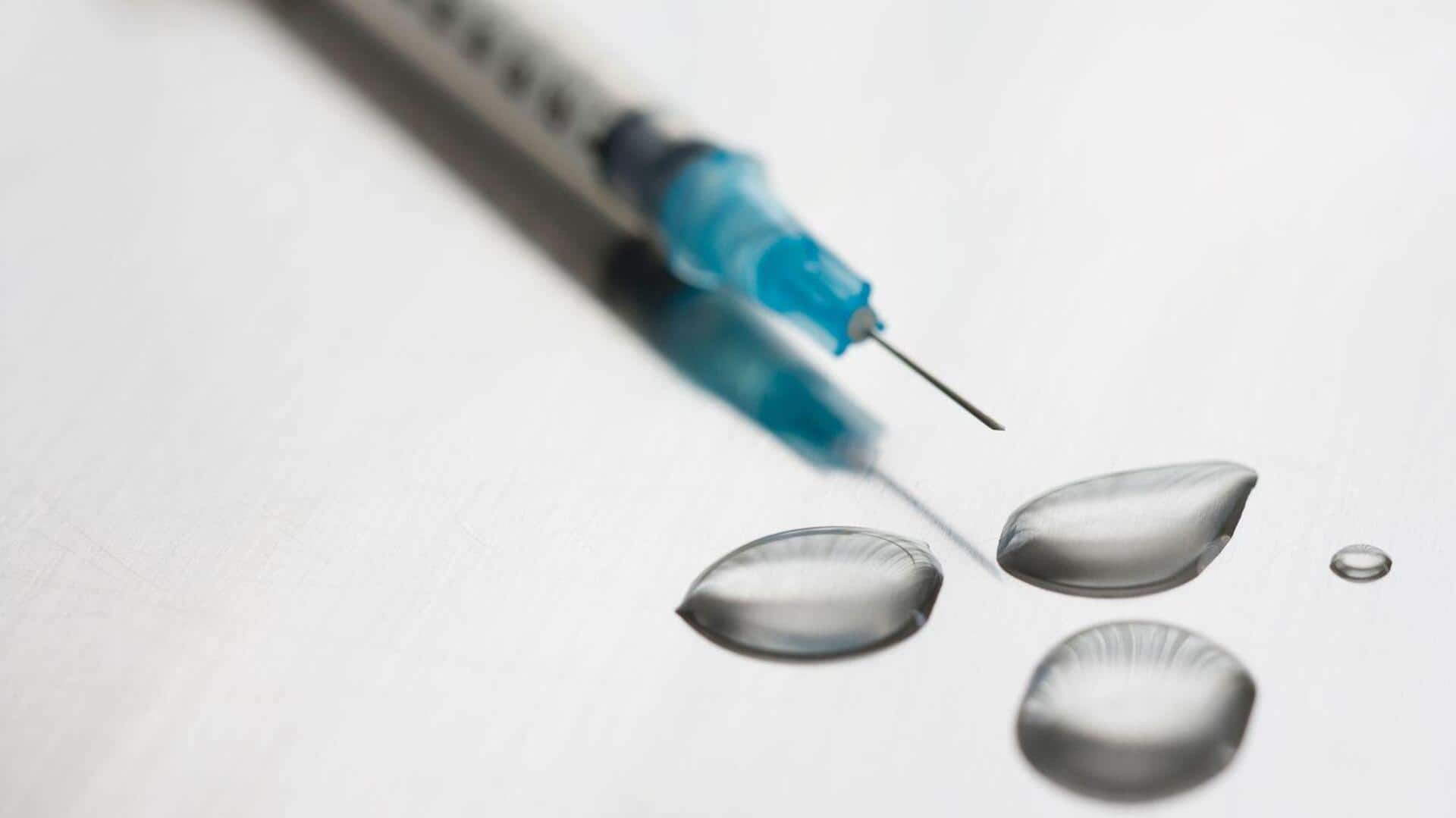
UK to study impact of puberty blockers on young people
What's the story
Researchers in the UK have announced two new studies to investigate the effects of puberty blockers on young people experiencing gender incongruence. The decision comes after an expert review highlighted insufficient evidence regarding the effects of puberty blockers. Originally used to treat precocious puberty, these drugs have also been prescribed off-label for children with gender dysphoria.
Evidence concerns
Expert review highlights gaps in evidence
The 2024 Cass review of NHS gender identity services for children and young people, highlighted "insufficient/inconsistent evidence about the effects of puberty suppression on psychological or psychosocial wellbeing, cognitive development, cardio-metabolic risk or fertility." In light of these findings, NHS England decided to stop routinely prescribing puberty blockers to children with gender dysphoria. Now, their use is limited to research settings only.
Research initiative
Pathways program to explore impact of puberty blockers
The two new studies are part of a larger "Pathways" program, which aims to investigate the effects of puberty blockers on young people receiving treatment in specialist NHS gender services. The main trial, called Pathways Trial, will recruit around 226 participants over three years. The youngest candidates are expected to be 10-11 for biological females and 11-12 for biological males with an upper age limit of 15 years and 11 months.
Trial details
Participants to be monitored for health and development
In the Pathways Trial, participants will be randomly assigned to either start puberty blockers immediately or after a year's delay. Their health, wellbeing, and development will be closely monitored for 24 months. Each participant's ongoing care needs will be reviewed individually at the end of the trial. Their results will also be compared with those from another group of young people with gender incongruence who are not receiving puberty blockers.
Second study
Pathways Connect to involve MRI brain imaging
The second study, Pathways Connect, will involve about 150 participants from the Pathways Trial and around 100 young people with gender incongruence who are not receiving puberty blockers. They will undergo MRI brain imaging, with the findings analyzed against their results from cognitive tasks and tests. It could take at least four years before we know the results of these studies.